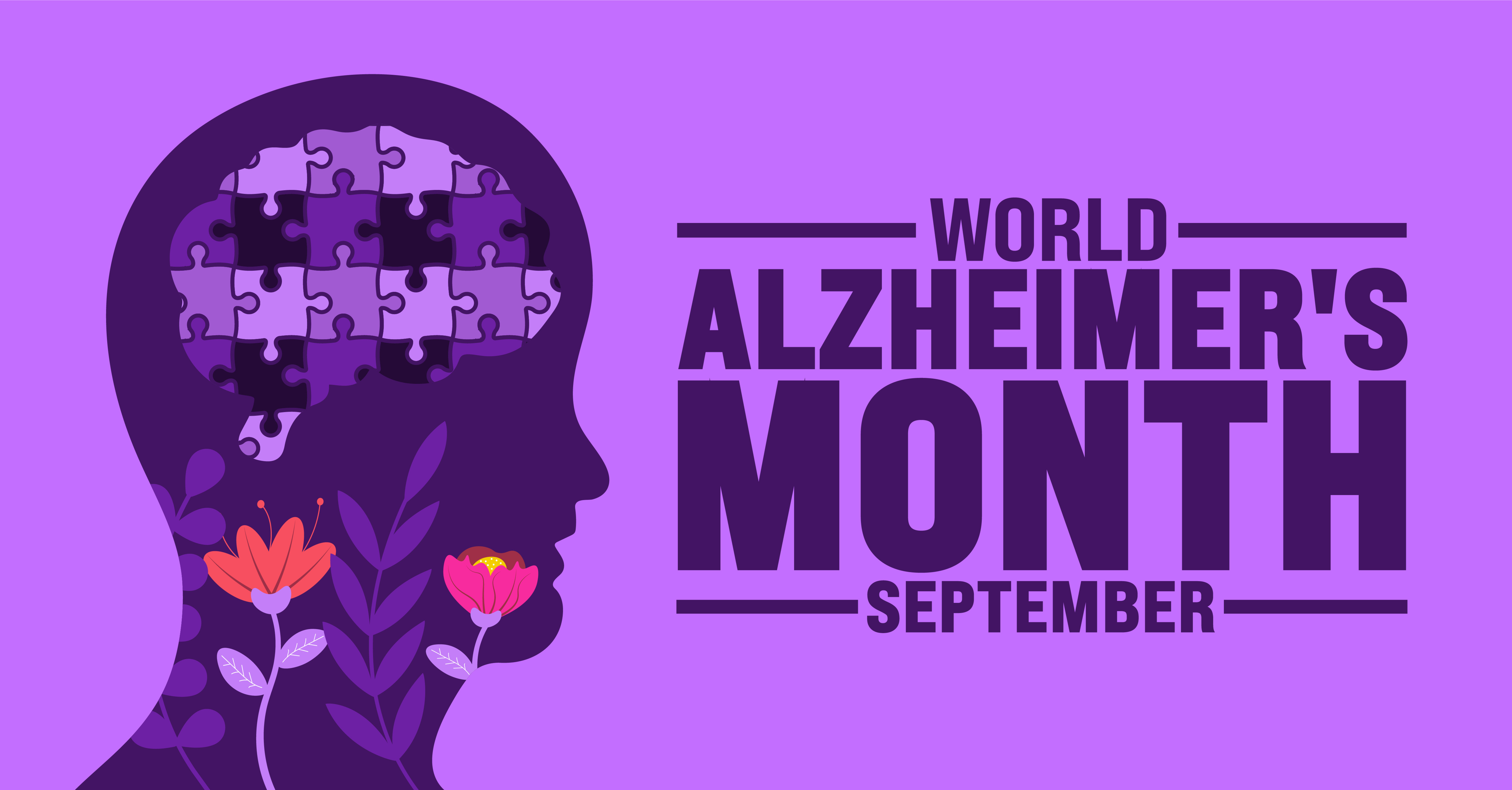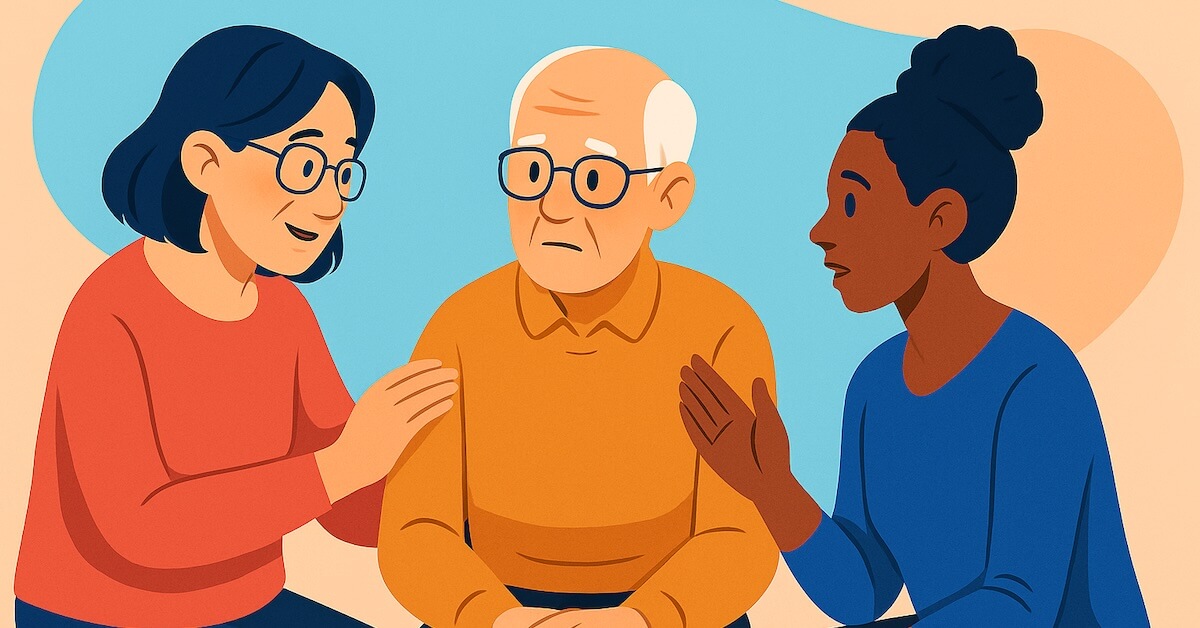Why State Dementia Training Requirements Are Expanding

 More than 5.5 million people across the United States are living with Alzheimer's disease and other forms of dementia. As the baby boom generation ages, the numbers are projected to grow at alarming rates. Although state dementia training requirements vary greatly, overall requirements are expanding for certified nursing assistants, administrators, licensed practical nurses, health aides, personal care assistants and law enforcement and emergency personnel.
More than 5.5 million people across the United States are living with Alzheimer's disease and other forms of dementia. As the baby boom generation ages, the numbers are projected to grow at alarming rates. Although state dementia training requirements vary greatly, overall requirements are expanding for certified nursing assistants, administrators, licensed practical nurses, health aides, personal care assistants and law enforcement and emergency personnel.
People living with dementia are living in a variety of settings - nursing homes, independent and assisted living communities, adult day centers and at home. Professionals and families provide daily care, but beyond that, the community at large is touched by dementia. Our police, firefighters, and emergency personnel come in contact with persons living with dementia. Hospitals are treating more persons with dementia every day. Social workers, too are helping a growing number of persons with dementia and their families. Volunteers in a variety of settings are assisting persons with dementia and their families. the need for dementia training is growing and state requirements are expanding to meeting the demands across the healthcare spectrum.
Until just a few years ago, state dementia training requirements were minimal, with the exception of a few states that were leading the charge, thanks to visionary leaders that saw the when those caring for persons with dementia had little or no training, the quality of care is greatly compromised.
Although states are deciphering best practices in dementia care, as we understand more about the needs of persons with dementia and how to best serve them and their families, more defined training requirements and being implemented quickly. Person-centered care practices, when integrated properly, can lead to a transformational change in the quality of care. Quality dementia training leads to reduced care partner stress and equips caregivers with effective tools to better respond and meet the needs of persons living with dementia.
Improving state training requirements is incredibly important work as we prepare for the fast-growing numbers of people who will be entering long term care. As we move forward, it is our hope that states are expanding training requirements for those who serve people in all settings, not just those facilities that market themselves as serving individuals living with dementia. Adult day centers, assisted living and independent living communities are all seeing a dramatic rise in serving persons with dementia.
When communities train all of their staff who interact with their residents, person-centered culture change is possible. This includes dietary, housekeeping, maintenance, administrators and others.
And finally, states are looking at programs that are effective, feasible and lead to sustainable change. This is not easy, as program implementation across large entities requires training providers who are adaptable, understand the needs of that organization, and are equipped to partner with organizations to effect positive change.
Pam Brandon is President/Founder of AGE-u-cate Training Institute and a passionate advocate for older adults and those who serve them. She is the creator of the internationally acclaimed Dementia Live® empathy training program and led the development of Compassionate Touch®, a clinically proven skilled touch program for those living with dementia and at end-of-life. Pam may be contacted at pam@ageucate.com.


